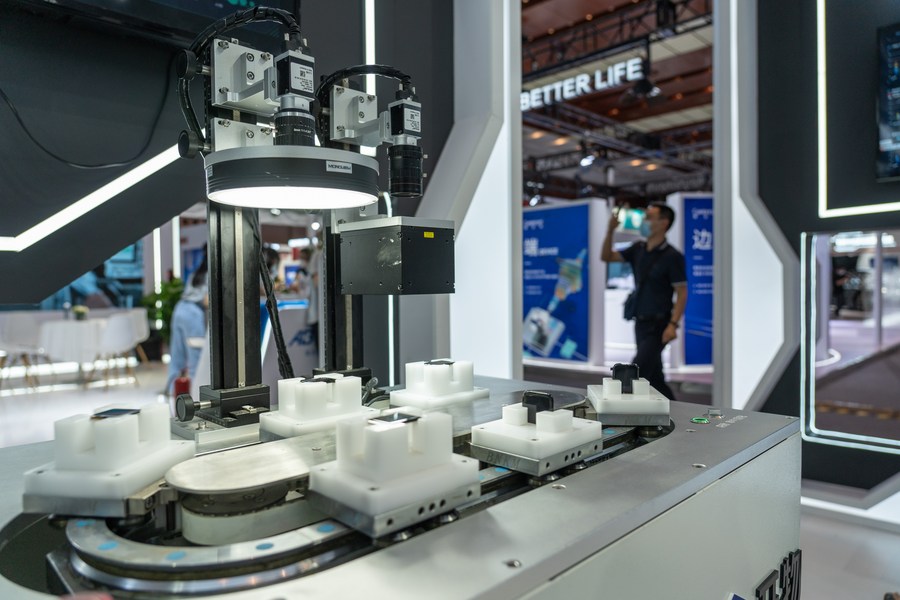-
Zhou Xiaoming: The EU’s Crucial Keywords-Multipolar, Multilateral
Globally, China and the EU have a shared interest in defending the multilateral trading system at a time when the system has increasingly come under attack.
July 29 , 2022 -
[Bloomberg] Wang Huiyao: To Save Global Trade, Start Small
At this week’s meeting of the World Trade Organization, members should notch some modest victories to prove that the organization remains relevant.
June 13 , 2022 -
[SCMP]Wang huiyao: A World Data Organisation needed to avoid rules-based disorder
The world needs a ‘Bretton Woods for data’ to pave the way for an institution to set rules on data governance and create a workable framework to govern digital matters and disputes.
June 08 , 2022 -
Ambassador of Thailand to China: China, Thailand and Globalization
On the regional front, 2021 marks the 30th Anniversary of the ASEAN-China dialogue process, which started in 1991, evolving into a strategic and comprehensive partnership covering all sectors of cooperation and fostering an intensive network of cooperation between the countries of Southeast Asia and China. This has ultimately resulted in ASEAN and China becoming each other’s largest trading partner and travel destination.
June 06 , 2022 -
Jörg Wuttke: A Roadmap to Bolstering EU-China Relations
European multinational companies (MNCs) in China are not making plans based on the next one or two years—they are looking to the next one or two decades. While there is no sign of “decoupling” between Europe and China, there is a growing political story to be told and business is becoming increasingly politicized.
June 05 , 2022 -
Martin Mueller: The Significance of International Business
A free flow of business relationships and person-to-person interaction has been the life blood of commerce for much of the last few decades, but this has been suddenly interrupted due to the Covid-19 pandemic. It is especially important in this context to take a step back and “look over the fence” to assess where relations currently stand. In this assessment, the importance of the cultural environment cannot be overlooked.
May 30 , 2022 -
Mabel Lu MIAO: Trends, Challenges and Solutions in Global Talent Mobility
Competition for talent has become increasingly fierce and the accumulation, or loss, of talent can have a significant impact on the balance of power in international rela- tions. In the short term, the physical mobility of international talent has been limited by COVID-19. In the long term the frequency of online intellectual mobility provides an alternative way to replace physical international mobility.
May 30 , 2022
Phone
010-65611038 010-65611039
Fax
010-65611040
Address
12th Floor, West Wing, Hanwei Plaza, #7
Guanghua Road Chaoyang District, Beijing, China
Post Code
100004



